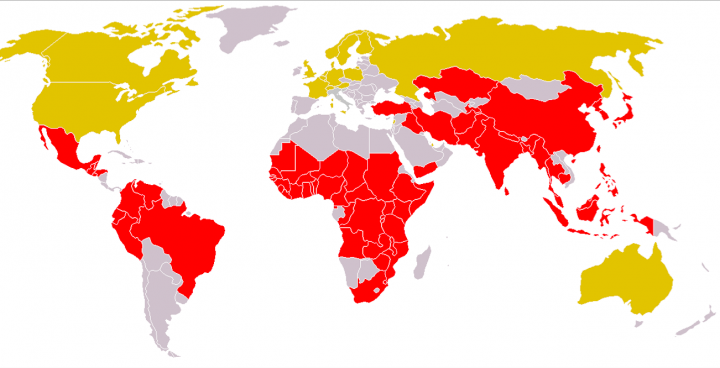Adults between the ages of 18 and 64 years visiting friends and relatives for extended periods in a cholera-affected area, health care personnel, and cholera outbreak response workers are recommended to receive one dose of the lyophilized cholera vaccine.
Such recommendation is released in the May 11 Morbidity and Mortality Weekly Report by the Centers for Disease Control, Atlanta, USA.
Those with history of a severe allergic reaction to components of this or previous cholera vaccines should not receive it.
“The primary prevention strategy for cholera is consistent access to and exclusive use of safe water and food and frequent hand washing”, write the Authors.
The vaccine is 90% effective 10 days after vaccination and 80% effective 3 months after vaccination against severe diarrhea, with no serious adverse events reported in clinical studies.
Data are unavailable regarding potential interaction with the oral live-attenuated typhoid vaccine, but taking the typhoid vaccine at least 8 hours after the cholera vaccine may decrease potential interference.
Although no data exist on pregnant or breast-feeding women receiving the vaccine, “maternal exposure to the vaccine is not expected to result in exposure of the fetus or breastfed infant to the vaccine because of lack of systemic absorption of the vaccine”, the authors add.
The research was funded by the Centers for Disease Control and Prevention.
The authors have disclosed no relevant financial relationships.
Morb Mortal Wkly Rep. 2017;66:482-485. Full text
Summary by Leopoldo Salmaso, MD, Spec. Infectious and Tropical Diseases, Spec. Public Health.






